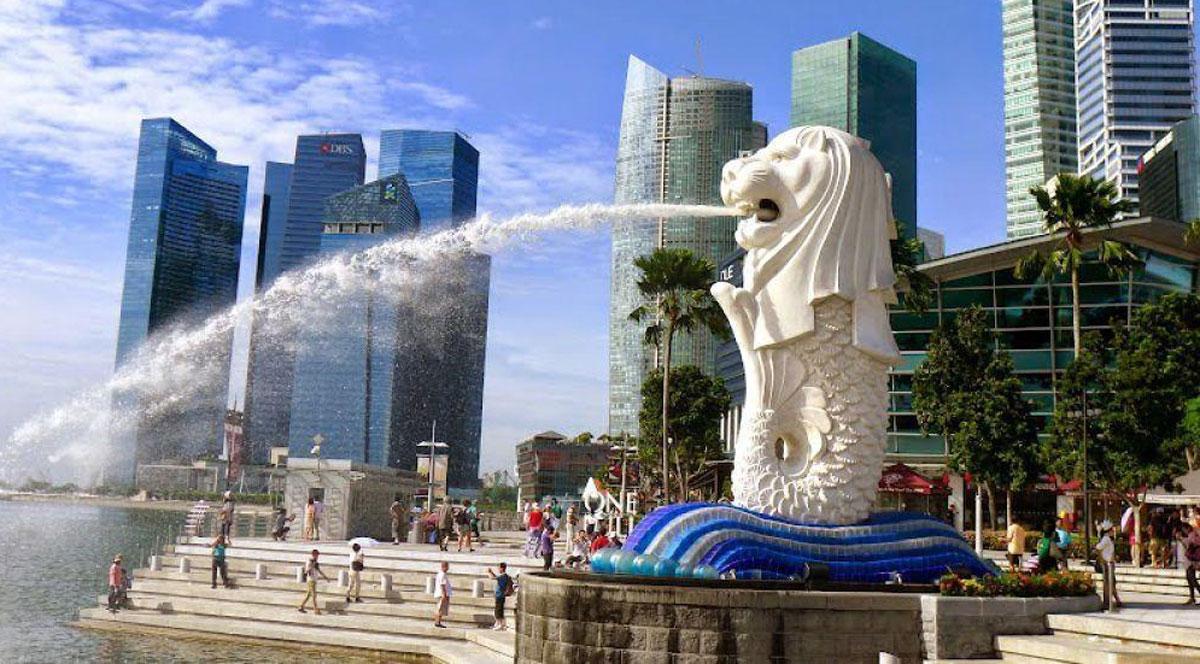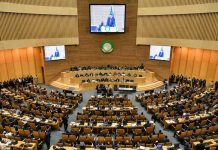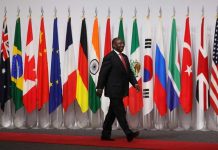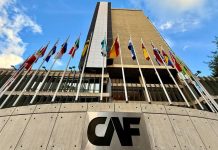Africa-Press – Mauritius. Though both Singapore and Mauritius became independent around the same time (Mauritius in 1968 and Singapore in 1965), their trajectory insidiously diverged over time.
The former is rubbing shoulders with the First World and the latter has sunk deeper into the Third. How could economic, political, and social historians account for their success and failure as both are deficient in natural resources?
Their futures rested on the mission and vision of their respective leaders in both theory and practice and on their concept of governance. For Singapore, these were elaborated in an interview of the former Dean of Lee Kuan Yew School of Public Policy, Kishore Mahbubani.
He pointed out that in 1965 when Singapore was expelled from the Federation of Malaysia, it was lucky to have a brilliant no-nonsense Cambridge-trained PM to chart the destiny of the country. Lee Kuan Yew (LKY) inculcated in his ministers, civil servants, and people the acronym MPH which laid the foundation stone of Singapore’s success.
M stands for Meritocracy:you choose the right man in the right place irrespective of colour, creed, or religion.
LKY borrowed this from the Chinese leader Deng Xiao Ping who once told his people ‘you don’t look at the colour of the cat as long as it catches the mice’.
LKY proceeded with the selection of the best brains to run the country irrespective of whether they were Indians, Chinese or Malays. This principle has ever since been strictly adhered to by the Singapore Public Service Commission even though LKY is no more.
P stands for Pragmatism:you don’t stick to any rigid formula or ideology (communism, socialism, or capitalism) but select the best from whatever source, blend and see the magic.
The cat story comes in again: whatever your superstition about the colour of the cat, it is irrelevant as long as it delivers the good.
H stands for Honesty: Singaporean public in general and the civil servants in particular (including MPs and Cabinet Ministers) need to be like ‘Caesar’s wife’ beyond suspicion.
Politicians caught or suspected of fraudulent or corrupt practices are dealt with on the spot. Mahbubani mentions the case of a minister, who accompanied a businessman on holidays,and was arrested when he returned home, accused of corruption by the businessman.
Senior civil servants aren’t exempt either: if anything goes wrong in a ministry, the top brass of the ministry cannot claim ‘pas moisa, li sa’and escape prosecution.
They are the first to be prosecuted. The fear of prosecution has cleaned and purged Singapore Civil Service and is regarded as a model in Commonwealth countries.
For More News And Analysis About Mauritius Follow Africa-Press







